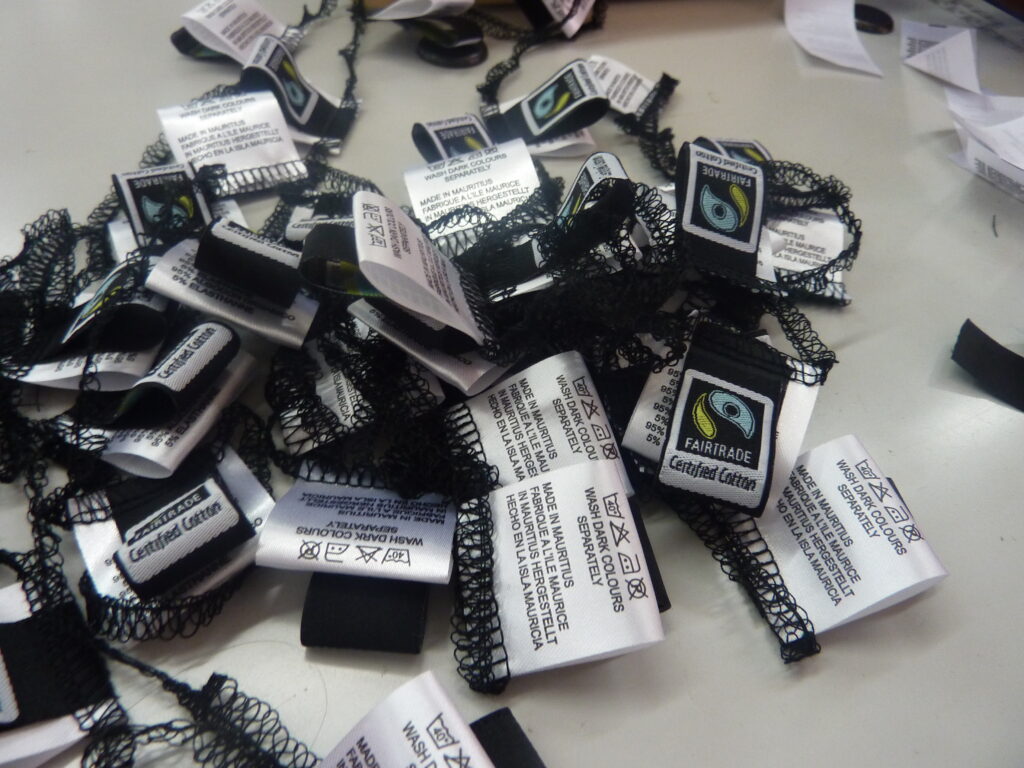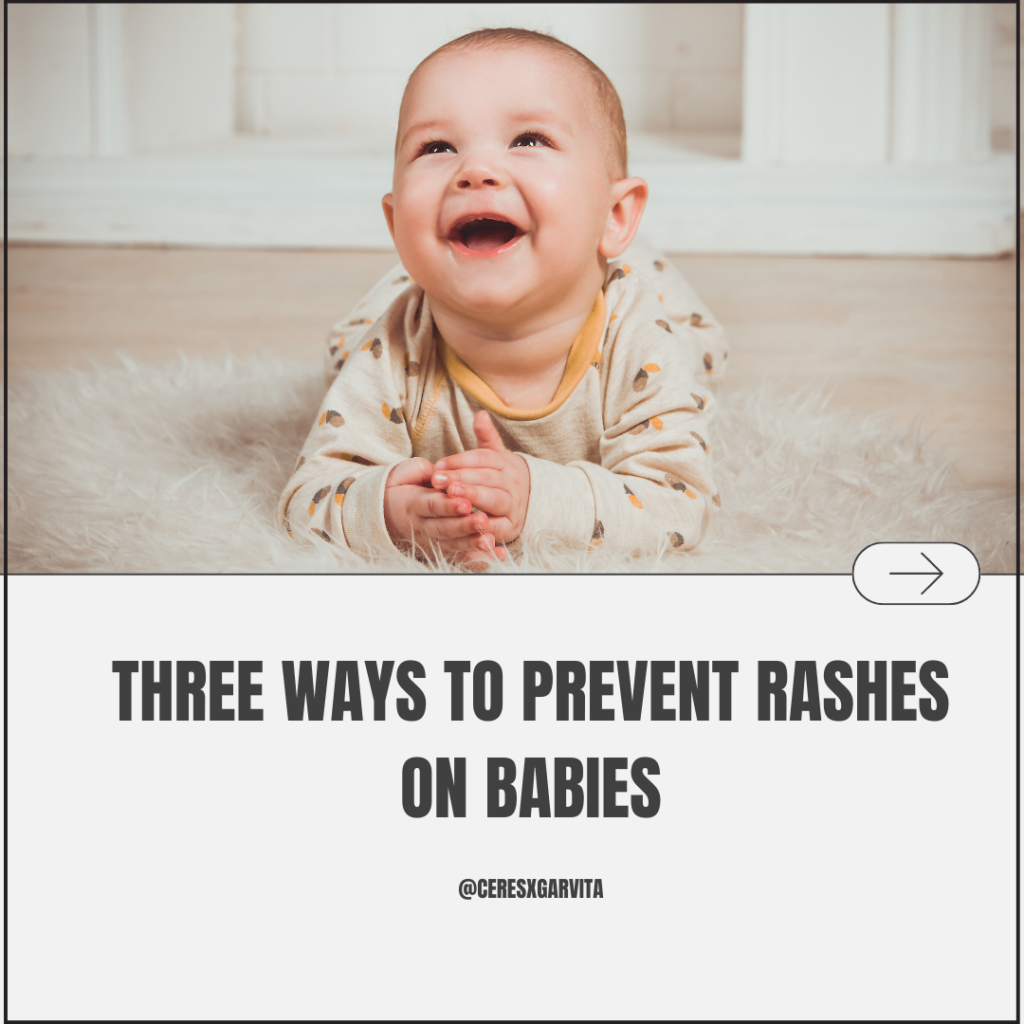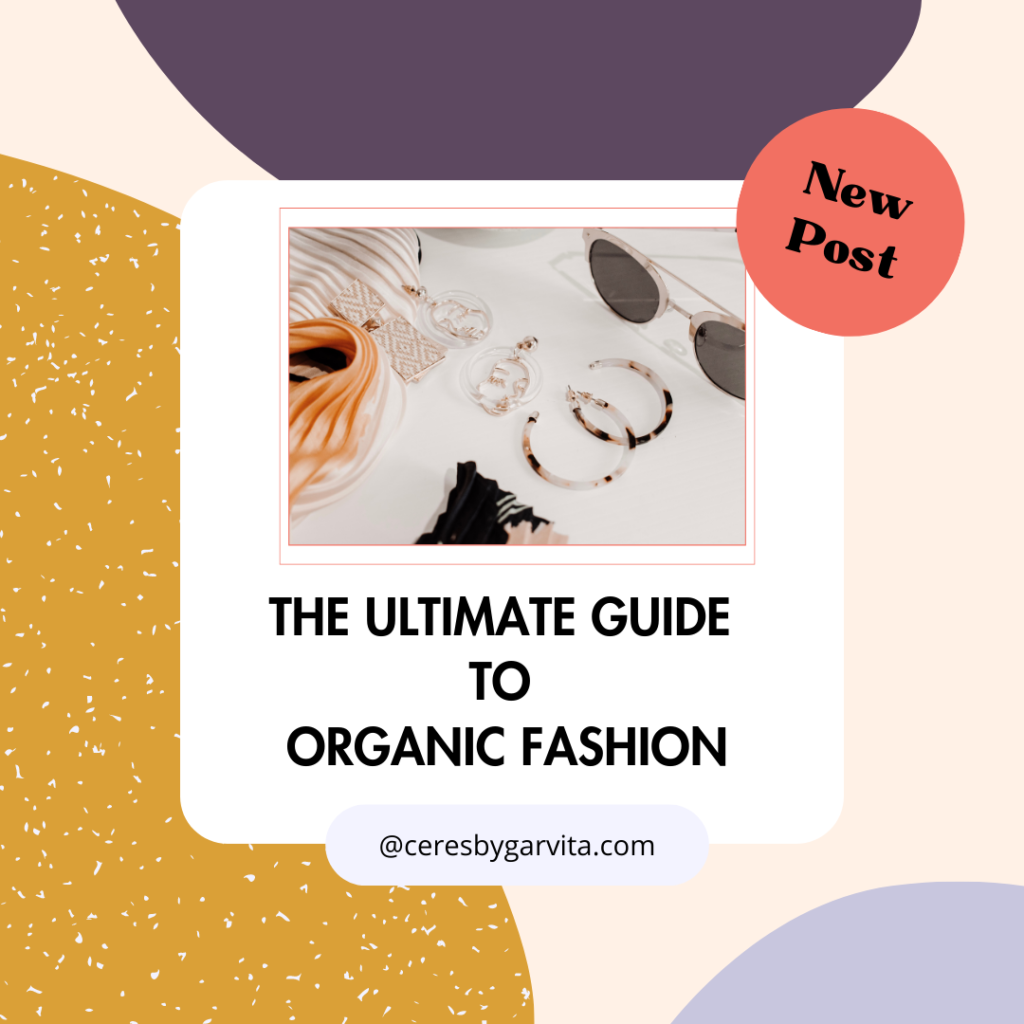DEMYSTIFYING ETHICAL CERTIFICATIONS: PART-1
INTRODUCTION
In today’s socially conscious world, ethical choices are at the forefront of consumer and business decision-making. Ethical certifications have emerged as vital tools for navigating the complex landscape of sustainable and responsible products and practices. In this comprehensive guide, we will unravel the intricate world of ethical certifications, offering a complete understanding of their significance, and relevance, and how to decipher them effectively. Let’s explore.
CHAPTER 1: THE SIGNIFICANCE OF ETHICAL CERTIFICATIONS
1.1- DEFINING ETHICAL CERTIFICATIONS:
Ethical certifications, at their core, are verifiable guarantees that a product or service meets specific ethical and sustainability standards. These standards could pertain to environmental responsibility, fair labor practices, animal welfare, or a combination of these factors. The aim is to empower consumers to make informed choices aligned with their values.

1.2- KEY DIFFERENCES BETWEEN ETHICAL CERTIFICATIONS AND LABELLING SYSTEMS:
While ethical certifications share similarities with labeling systems, they are not one and the same. Labeling systems encompass a broader spectrum, including nutritional labels, country of origin labels, and more. Ethical certifications, on the other hand, focus solely on ethical and sustainable aspects.
- SCOPE: Ethical certifications are narrowly focused on ethical and sustainable practices, whereas labeling systems cover a wider range of information.
- PURPOSE: Ethical certifications exist primarily to endorse responsible practices, while labeling systems provide general information about a product.
- VERIFICATION: Ethical certifications involve rigorous auditing and verification processes, ensuring adherence to specific ethical criteria. Labeling systems may not always have such stringent verification.
- CONSUMER EMPOWERMENT: Ethical certifications empower consumers to make conscious choices aligned with their values, contributing to a more sustainable future.
Hence, Ethical certifications enable individuals to support businesses and products that align with their ethical beliefs. This, in turn, encourages companies to adopt responsible practices to meet the demand for ethical products and services. On the other hand, they empower consumers to make ethical and sustainable choices. By understanding the differences between ethical certifications and other labeling systems, you can make more informed decisions while shopping. Remember, your choices have the potential to drive positive change in the world, one purchase at a time.
1.2- GROWING DEMAND FOR ETHICAL CERTIFICATIONS:

In today’s conscientious consumer market, there is a noticeable surge in the demand for ethical certifications.
This increasing need stems from consumers’ growing awareness and concern about the ethical and sustainable practices of the products and services they purchase.
As people become more environmentally and socially conscious, they seek assurance that the products they buy align with their values.
Ethical certifications play a crucial role in meeting this demand by providing credible and verifiable proof that a product or service adheres to specific ethical standards.
Whether it’s fair trade, environmental sustainability, or humane treatment of animals, ethical certifications empower consumers to make choices that resonate with their principles, ultimately driving positive change in the marketplace.
CHAPTER 2: TYPE OF ETHICAL CERTIFICATIONS IN FASHION INDUSTRY
2.1- GLOBAL ORGANIC TEXTILE STANDARD (GOTS)
GOTS is a global standard for textiles made from organic fibers that limits the use of toxic bleaches, dyes, and other chemical inputs during the textile production process. This certificate provides a credible assurance to the consumer & indicates an organic supply chain of fiber from its harvesting to its labeling.
A GOTS product contains at least 95% Organic Fibre. India is home to one of the highest number of GOTS-Certified facilities (3015, as of 2020) worldwide. You can explore our CeresxMamoritai Collection for GOTS Certified Baby Loungewear here!
Click Here to learn more about GOTS Certification!


2.2- OKEO-TEX CERTIFICATION
International Association for Research And Testing In The Field of Textile And Leather Ecology (OKEO-TEX) comprises a set of third-party certifications verifying products and their components for safety and cleanliness. OKEO-TEX is commonly found:Towels, Bedsheets and Clothing.Any textile in a stage of production.Metals, Glass, Foams, Plastics and Leather.
OKEO-TEX BY-PRODUCTS:
Few of the major OKEO-TEX by-products are enlisted below:
- MADE IN GREEN: Moves further and tests processes used to manufacture those products.
- STANDARD 100: Tests every component of end-products like zippers for harmful substances.
- LEATHER STANDARD: Independent testing and certification system for leather materials, accessories, and shoes.
- STeP: Certification system for brands, retailers, and manufacturers from the textile and leather industry.
GOTS vs OKEO-TEX CERTIFICATIONS
- GOTS = covers organic textiles.
- OKEO-TEX = covers organic + non-organic textiles.
Click Here to learn more about OKEO-TEX Certification!


